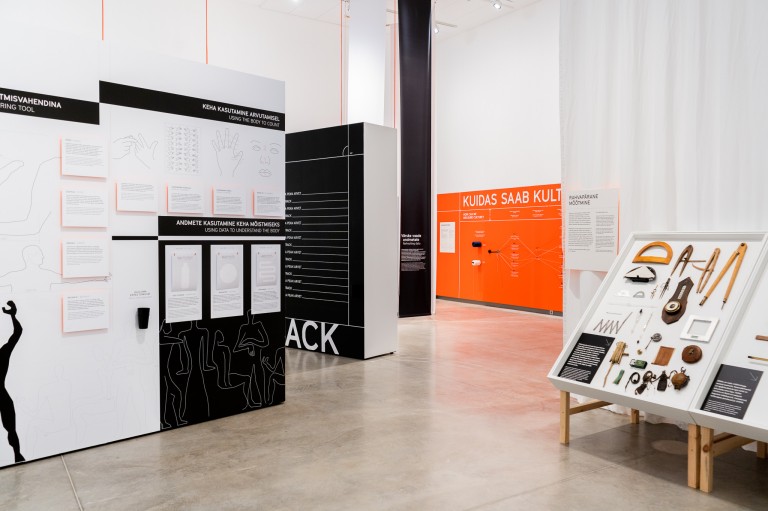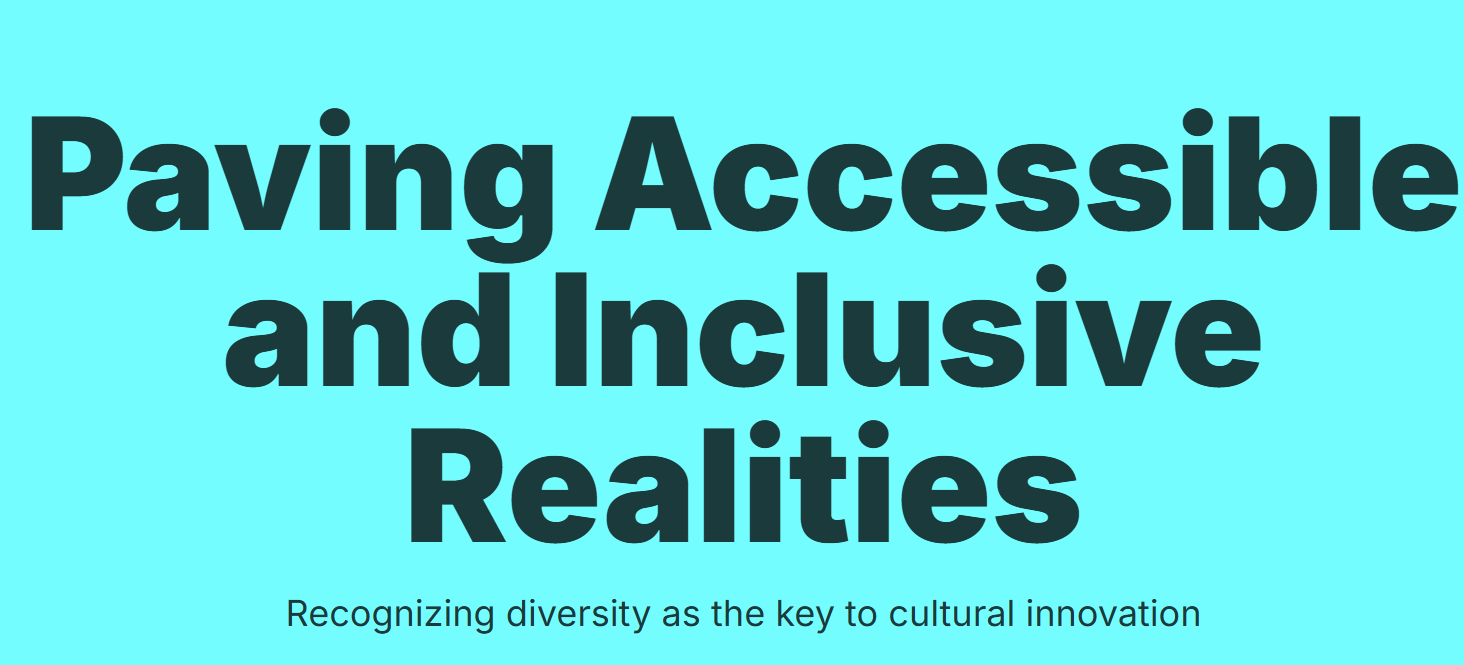
„Loovus armastab kriise. Paljudel on probleeme, mõnedel läheb aga palju paremini kui enne,“ ütles loomemajanduse ekspert David Parrish konverentsil Business Opportunities in Digital Culture. Tuleb leida uusi teid ja ärimudeleid, kuidas kriisis hakkama saada.
Ta tõi näite enda elust: “Koolituste ärajätmine mõjutas mu sissetulekut ja isegi elustiili. Siis mõtlesin, et teen midagi teisiti. Tegin algatuseks mõned tasuta koolitused. See näitas, et olen ikka väärtuslik, siis hakati mind kutsuma esinema veebiseminaridele. Niiet ma ise ka pidin hakkama ümber orienteeruma.
Ka loomemajandus ei saa sellest kaosest kuidagi puutumatult pääseda, see on nii tervise kui ka majanduse kriis.
„Kas taastasime pärast sõda majad samasugustena nagu need enne olid?“ küsis Parrish. Sama kehtib loomemajanduse puhul, äkki saame leida midagi täiest uut. See on väljakutse meile kõigele. Oleneb, kas meil on täiesti avatud ja loominguline hoiak või hakkame kurtma, et vanamoodi enam ei saa. On öeldud, et kui teater on hädas, siis mitte pandeemia tõttu vaid soovimatuse tõttu muutuda.
Palju asju on onlainis tasuta, aga see ei päästa meid majanduslikust langusest. Seni töötasid väga paljud kultuuriorganisatsioonid riigi toetustel. Nüüd on hakanud ettevõtlikkus au sisse tulema, see pole aga vastus kõigele, ei lahenda kõike
Kuidas siis taastuda?
Tuleb leida uus loovuseliik e-loovus.
Näiteks: moeloojad valmistavad maske, leitakse uusi tooteid, teatrid kannavad oma etendusi üle kinodesse üle maailma. Ühisrahastus on huvitav – nad ei müü vaid pileteid, vaid müüvad ka nt DVDsid, ligipääsu live etendustele jne. Mõned kliendid tahaks näha rohkem kui ainult etendust – nt mis toimub lava taga või kuidas etendust ette valmistati. Pakkuge kaasamist, lisaelamusi, üks-ühele suhtlemist, küsimustele vastamist
Loovust on mitmesugust, mitte ainult kunstilist. Saame olla loomingulised mitte ainult kunstiliselt vaid olla loomingulised ka äri mõttes, leida uusi võimalusi, rääkis Parrish. Ta on loonud ka tööriistakasti uute võimaluste leidmiseks.
Parrish soovitas uute võimaluste katsetamisel mitte olla perfektsionist, vaid tulla välja esimese elujõulise tootega (minimum viable product) – inimesed saavad aru, et oleme uues olukorras ja õpime ise ka. Innovatsiooni alus on luba proovida. Lisaks rõhutas ta koostöö vajadust - sellest saavad kasu isegi konkurendid.
E- võimaldab jõuda palju rohkemate inimesteni ja pole piiratud vaid ühe riigiga.

Täpselt sama rõhutas ka Anzelika Rijeck Design Georgiast. „Saime aru, et ka konkurendid saavad koostööd tehes olla edukamad – koondasime disainerid Design Gerorgia alla ja aitasime nad etsy platvormile. Seal on juba esimesed müügid tehtud!
Online äri tõusust ja koostöö kasulikkusest rääkis ka Mari Martin, moebrändi Tallinn Dolls looja.
Interneti teel disainibrändide moe ettetellimist pakkuval platvormil läheb kriisi ajal läheb paremini kui varem, lahendus oli juba varem valmis. „Kliendid võtsid uudse mudeli hästi vastu. Niimoodi väldime ületootmist ja uus mood jõuab kliendini palju kiiremini kui suurtel ettevõtetel. Müüme mudeleid juba enne, kui toodet veel pole,“ selgitas Mari.
Ka Elene Toidze Creative Georgiast rõhutas koostöö olulisust. „Gruusias on aru saadud, et loomemajandusel on väga suur roll inimeste heaolu ja majanduse jätkusuutlikkuse kindlustamisel,“ kinnitas ta. Elene kasutas võimalust osalejatelt ideede kogumiseks, kuidas nende organisatsioon saaks paremini loomeettevõtjaid toetada.
Projekti toetasid Eesti välisministeerium arengukoostöö vahenditest ja Loov Euroopa.
Konverents on järelvaadatav Loov Eesti Facebookis
Jaga
Taotlusvoorud
.jpg)





